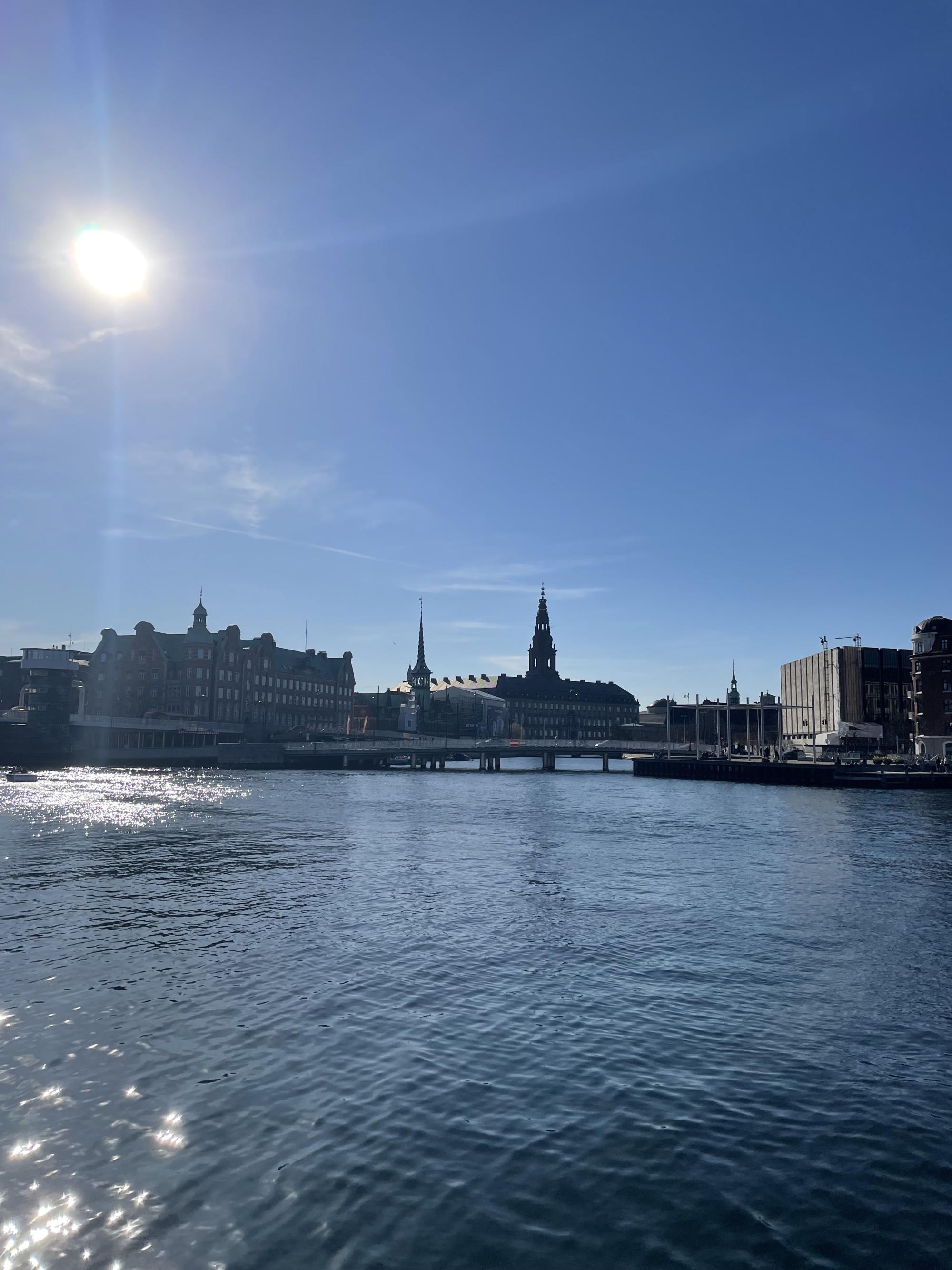The 2nd Interdisciplinary Methods Workshop hosted in Copenhagen
The GEM Fellows have reunited in Copenhagen to attend an Interdisciplinary Methods Workshop, organised by the iCourts at the Faculty of Law in Copenhagen.

A little over one month ago, the GEM fellows had the amazing opportunity to attend a three-day workshop on methods at the Københavns Universitet’s Faculty of Law, organized by the iCourt Research Centre. This was on the 19th, 20th, and 21st in an unexpectedly sunny month of April in Copenhagen. The Interdisciplinary Qualitative Research Days was a unique opportunity for the fellows to discover a new and advanced way of conducting research, by using a very wide range of empirical methodologies. As affirmed by the Director of iCourt himself, Prof. Mikael Rask Madsen, the workshop provided an entry point to very different “methods”.
If the mornings of these three days were more focused on the theories and the practical aspects of these “methods”, the afternoons were the perfect moment for the fellows to discuss in smaller groups how discussed “methods” could be applied to their research, and how their projects can benefit from the knowledge acquired during the morning sessions. These larger and smaller scale sessions were for the legal scholars an opportunity to open their thinking to the importance and added value of interdisciplinarity, while political scientists were given an opportunity to discover a new set of very specific (legal) methods. In sum, all of the fellows had the unique chance to get inspired by the various panels attended in the Danish capital and left the Venice of the North with a set of new methodological skills that will without a doubt help them in developing their thesis.
Discovering different methods: from the use of computer science to the network analysis
Discovering is the right word to explain what we did in these 3 days: discovering new ways of thinking, researching, imagining our research project, and also, not less importantly, discovering new ways of living our university life.
Using an interdisciplinary approach is innovative, and many scholars are starting to get in touch with this method of research. In this context, Prof. Rask Madsen was one of the first leading scholars, who mapped the International Courts thanks to the use of computer science. In order to examine the increased power of international courts in global and national relevance, he strategically mobilized a three-dimensional approach in terms of institutionalization, automatization, and legitimization of international courts. This approach stresses the importance of understanding not only the “why” but also the “how”, and at the same time justifying what you left out of your analysis. In the end, the conversation was essential to comprehend that in our research we need to find adequate tools to achieve our objective.
Among several methods, one of the most interesting was the interview technique. Prof Mikkel Jarle Christensen, a sociologist, and expert in this field, underlies the role of the sociology of law. He explains that this discipline is crucial to define what the law means and how to prosecute and get evidence. Thanks to his deep experience in conducting interviews, he gave us vital insights on how to plan, conduct and use interviews as relevant methods. Finally, he also reminded us that after the interview process, we should always return to our research question.
Coherently to what he explained to us, Prof. Paula Almeida insisted on the importance of framing the hypothesis, and always being ready to get back to it to stick to our initial purpose. Finally, in her panel, she outlined how, in pure legal research on the cases of the International Court of Justice, it is possible and relevant to combine quantitative and qualitative research.
On the last day, Prof. Veronika Fikfak spoke about the possibility to analyze the concept of dignity, looking at the different Constitutional experiences, and the role of the European Court of Human Rights, while, through the case citation network analysis, Prof. Urška Šadl taught us that it is possible to analyze a phenomenon, in this case, the EU integration through the cases of the European Court of Justice. Last, but not least, we had the opportunity to listen to a lecture on Discourse analysis, a new method (especially for legal scholars), with Anne Lise Kjær, understanding how different a discussion can be, and analyzing the different discourses.
Thinking together: our ideas in 4 different workshops
In the middle of this very rich program, as explained before, we also had the opportunity to think together. Indeed, on the two first afternoons, we separated into small groups to discuss our research and the methods used. This was a nice moment to open up about our research and to discuss it informally, which is very important since too often we can end up thinking alone in our research while having other people listening and discussing with you could really develop your perspectives. These discussions were also the perfect occasion to discuss our improvements since the beginning of the Gem-Diamond project as well as our next steps in our research projects. This was particularly relevant since it helped answer to open questions about our methodology by understanding how to how to effectively apply “methods”.
Thank you, Copenhagen
The ICourt Interdisciplinary Days were full of academic activities, accompanied by amazing extra-curricular (or better to say extra-curricular and inter-disciplinary?) moments. We would like to thank the organizing committee and the invited speakers for the extremely interesting panels. Furthermore, we would like to give a special thanks to Nicholas (GEM Stone Alumni) for the amazing Copenhagen boat tour and Prof. Rask Madsen for the marvelous Jazz concert. The University of Copenhagen was extremely open to welcoming us and helping us discuss new “methods” and bond with new “realities”, while the Copenhagen weather allowed us to enjoy the city and its fresh air.
